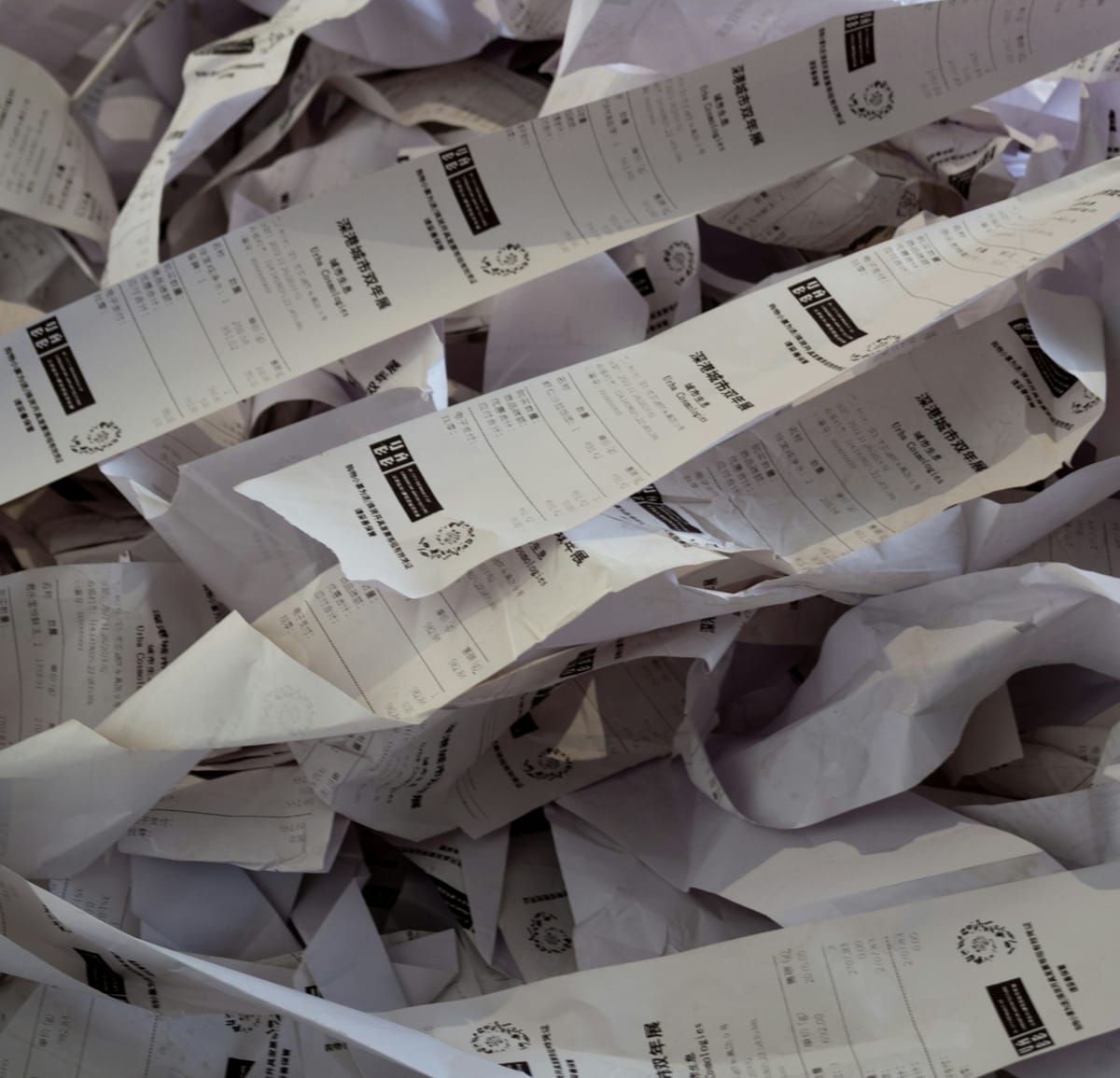How to do real estate bookkeeping

Introduction
Bookkeeping may not be the most exciting part of real estate, but it’s essential for managing cash flow, tracking expenses, and maximizing profits. No matter if you’re an investor, landlord or just getting started, maintaining accurate financial records keeps you organized, avoids costly mistakes and ensures compliance with tax regulations. The good news? It doesn’t have to be complicated. We will be simplifying real estate bookkeeping, equipping you with the knowledge to manage your finances effectively and keep your investments on the path to growth.
Setting Up Your System
You need a solid bookkeeping system in place before you start tracking income and expenses. You first need to decide whether to use manual spreadsheets or accounting software like QuickBooks, which offers automation and reporting. There are other online softwares that offer different features, such as automated expense tracking, real-time financial reporting, and integration with property management tools to streamline your bookkeeping process, find what’s best for you.
Next, open up a business bank account to keep personal and real estate finances separate, making financial tracking much easier. If you manage multiple properties, consider setting up separate accounts or use accounting categories to track each one individually. Establishing a structured system from the beginning will help minimize errors, and maintain a clear overview of your real estate finances.
Tracking Income & Expenses
Keeping track of income and expenses is essential for managing your real estate finances effectively. Make sure to log all your income, like rent payments, security deposits, and any extra fees, such as late charges. On the expense side, break things down into categories like maintenance, repairs, property taxes, mortgage interest, insurance, and utilities, to make it easier to track where your money is going. For the more active investor, track all invoices, material receipts, and other costs to do the real estate project. Using accounting software may simplify this process by automating transaction categorization and generating financial reports, but it's best to still systemize the steps in how to keep your books clean. Accounting softwares commonly used for real estate investors are Quickbooks and Xero. For project based accounting and bookkeeping, checkout Carbon Copi to keep your business organized and to automate your bookkeeping and document organization.
Managing Accounts & Taxes
Staying on top of your accounts and taxes is crucial for keeping your real estate finances in order. Make sure rent payments are collected on time and keep a record of any outstanding balances. Pay property-related bills, such as maintenance costs, utilities, and mortgages, promptly to avoid penalties or disruptions. When it comes to taxes, track deductible expenses like repairs, property management fees, and mortgage interest to maximize your savings. Consider working with a tax professional to ensure compliance and take advantage of real estate tax benefits. Keeping everything organized throughout the year will save you stress when tax season rolls around.
Reconciling & Reviewing Financials
Keeping an eye on your numbers is key to running a successful real estate business. Reconciliation involves comparing your records with bank statements to catch errors, missing transactions, or fraudulent activity. Doing this monthly ensures accuracy and prevents small mistakes from turning into major financial headaches. Reviewing financial reports, like profit and loss statements, gives you a clear picture of how your properties are performing and helps you make informed investment decisions. By keeping a close eye on your numbers, you can spot trends, adjust your budget, and ensure your business stays profitable.
Conclusion
Solid bookkeeping is the backbone of any successful business, especially a real estate business where you're managing chaotic activities. By setting up a trustworthy system, keeping track of your income and expenses, and staying organized, you can save yourself the stress and time of financial mishaps. Consistency is key, sticking to good habits now will make managing your properties easier and more profitable in the long run. Whether you’re just starting out or growing your portfolio, taking control of your finances today sets you up for long term success.




